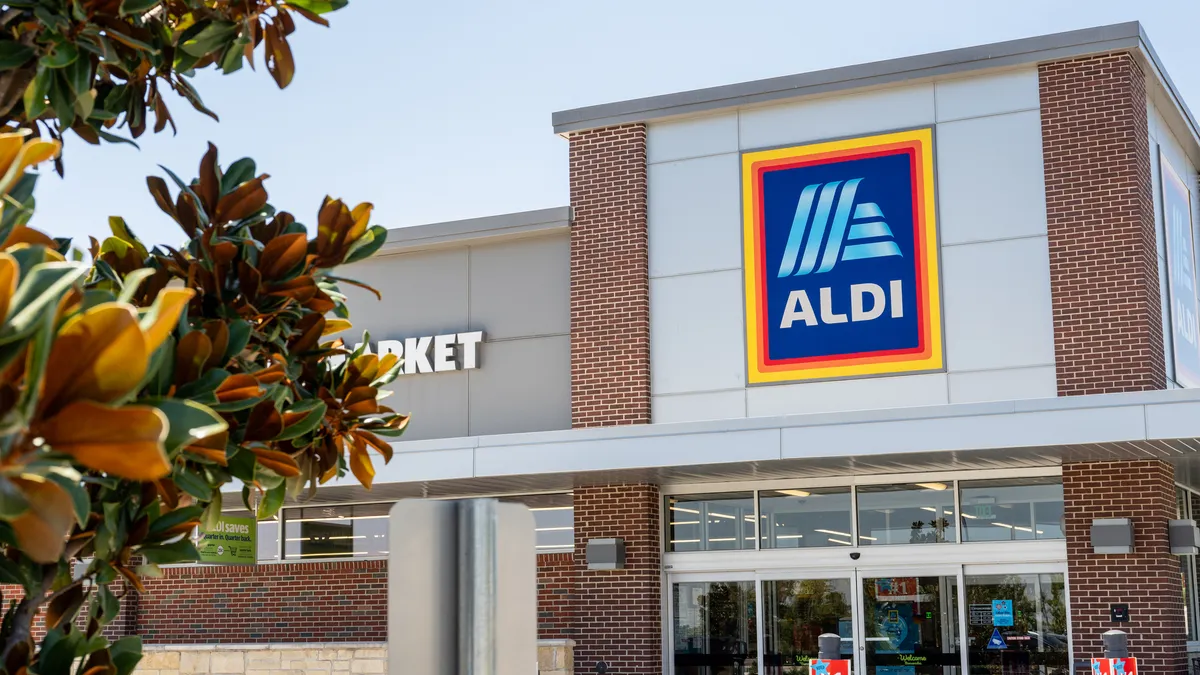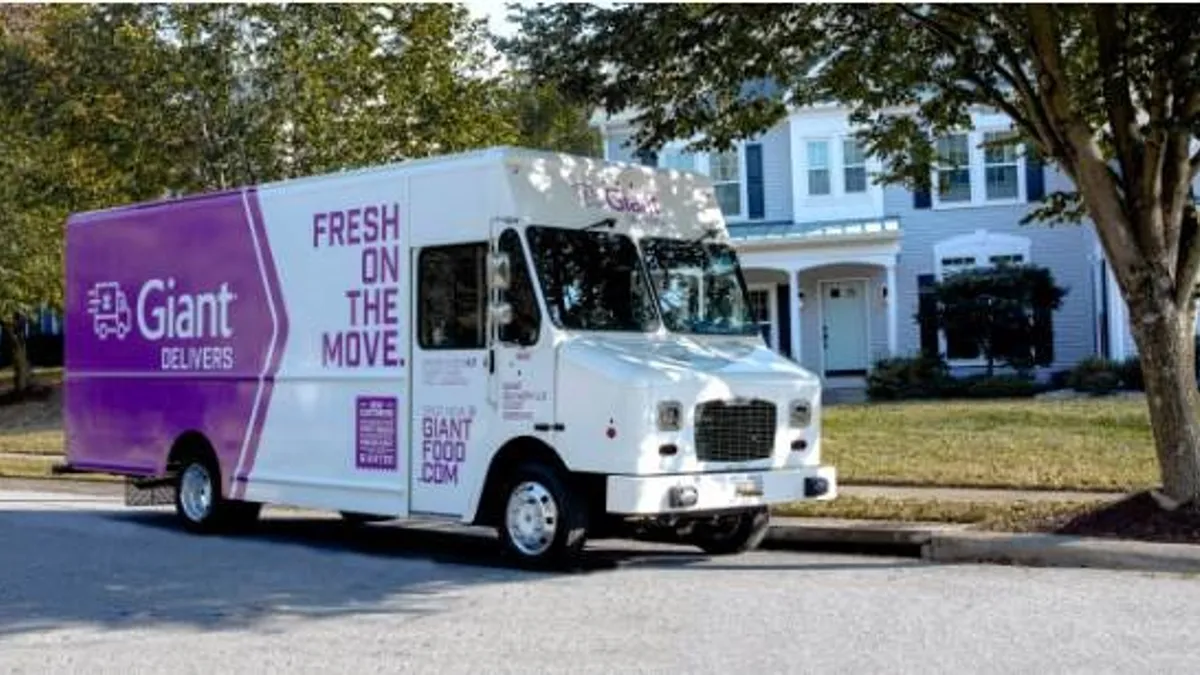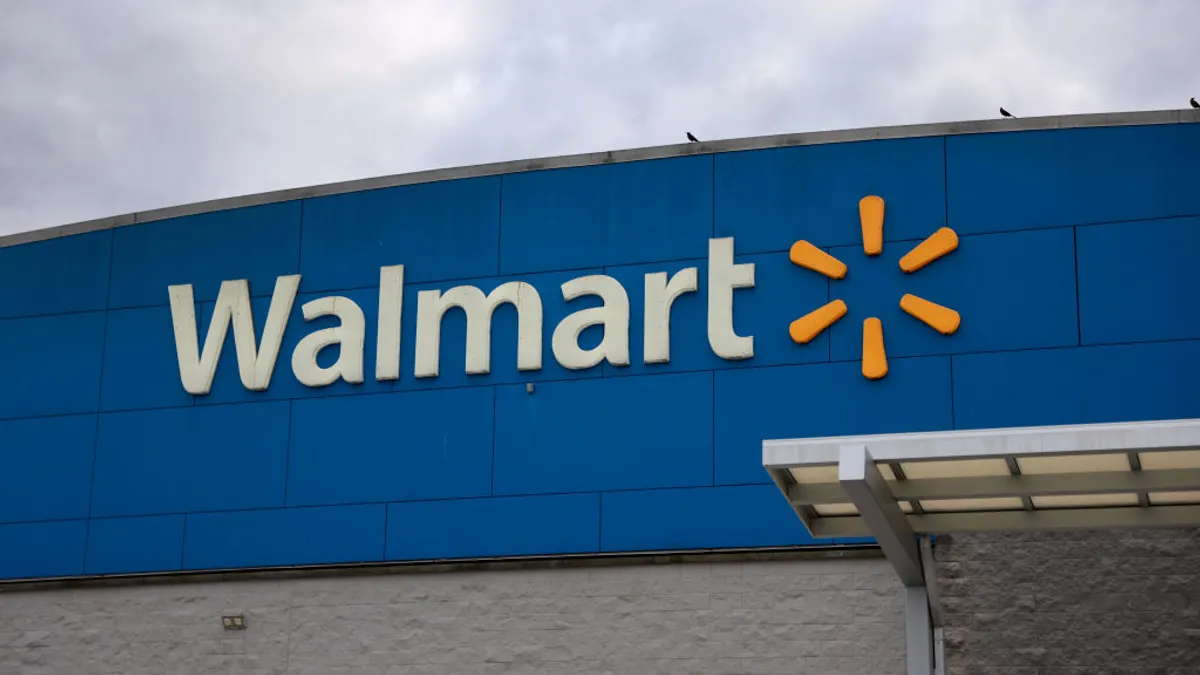With its recent rejection of a shareholder proposal that challenged its diversity, equity and inclusion policies, Costco didn’t actually break new ground. Even as anti-DEI campaigns have surged, most companies have held on to their diversity policies because they foster good decision-making and are conducive to their business goals.
However, the statement from Costco’s board of directors, urging shareholders to reject the proposal and combating some of its specifics, was notable in its forcefulness, experts say.
It was especially striking given high-profile moves last year by major companies, including retailers like Tractor Supply and Walmart, to retreat from their DEI programs, according to Dave Marcotte, senior vice president at Kantar Retail.
“Overall this provides a media narrative of conservatives winning over progressives which was a big theme for 2024. Costco has run directly contrary to that narrative,” he said by email. “And its formal response to an investor tactic (‘DEI raises stockholder risk’), is a statement that [not only] refutes the premise but also states that these investors are not doing so in the interest of Costco but a larger political agenda. As the 5th largest retailer in the world, this is a loud statement.”
"As the 5th largest retailer in the world, this is a loud statement.”

Dave Marcotte
Senior Vice President, Kantar Retail
It came last month, within Costco’s 2024 proxy statement, in response to the National Center for Public Policy Research, a conservative think tank and Costco shareholder. The group had submitted a proposal to be considered for the company’s annual meeting, requesting “that the Board conduct an evaluation and publish a report, omitting proprietary and privileged information, on the risks of the Company maintaining its current DEI (including ‘People & Communities’) roles, policies and goals.”
NCPPR cited recent lawsuits challenging DEI at companies; the U.S. Supreme Court’s rollback of affirmative action in college admissions; and the fact that several companies have retreated from their DEI efforts. “It's clear that DEI holds litigation, reputational and financial risks to the Company, and therefore financial risks to shareholders,” the organization stated.
But Costco’s board of directors unanimously recommended a vote against this. The board expressed confidence in the company’s adherence to the law and thereby rejected any worry about litigation, and defended its diversity policies as good for its relationships with customers, suppliers and employees. The latter in turn has rewarded its shareholders, Costco also said.
Moreover, the board didn’t end with a defensive posture. It went on to argue that NCPPR is concerned less about Costco’s business or shareholders and more about its own political agenda, namely, the “abolition of diversity initiatives.” Costco also corrected the record on some NCPPR claims, calling them “misleading, at best.”
“It is the proponent and others that are responsible for inflicting burdens on companies with their challenges to longstanding diversity programs,” the board wrote.
While vigorous and direct, Costco’s response was also careful and specific, according to Alison Taylor, professor at New York University’s Stern School of Business and author of “Higher Ground: How Business Can Do the Right Thing in a Turbulent World.” Some DEI critics have seized on inconclusive research regarding whether strong DEI efforts accrue to the bottom line, but Costco avoided making profitability claims and stuck to other valid business reasons, she said by phone.
“It is the proponent and others that are responsible for inflicting burdens on companies with their challenges to longstanding diversity programs."

Costco Board of Directors
2024 Proxy Statement
“There are very mixed studies on the business case for diversity, but they're not getting into those business case arguments particularly,” she said. “They made the case around their culture and their values and what their customers want, and that I think was very defensible.”
Costco’s move comes as many companies are hearing from both their legal and marketing departments that defending DEI policies could be costly, according to Taylor. But ditching DEI may not be as wise a response as it seems, and the future is uncertain. For example, if the incoming Trump administration further emboldens anti-DEI proponents, that could provoke a backlash, especially as Gen Z increasingly enters the workforce, she said.
“I think there's this kind of misunderstanding, that in some way kowtowing to Starbuck and these people reduces your risk,” she said, referencing Robby Starbuck, a conservative provocateur who has taken credit for many recent DEI rollbacks. “That is not certain — there’s no neat way to get rid of your risk here.”
How might this play out in 2025?
In a way, this “clear brand statement from Costco” is par for the course for the retailer, according to Marcotte. The company has a long track record of sticking to what it sees as keys to its success, including among the best pay and other working conditions in the industry, despite grumbling from shareholders, he said.
“DEI in this context is the same, in that they see it as part of a successful model and, in character, react bluntly to being told what to do,” he said, adding that the company’s protection of its DEI policy is unlikely to dent its strong membership retention or domestic and international growth.
It may impress other companies, if only to influence them “to simply ignore the anti-DEI as one more political movement,” he said.
“There’s been so much reporting about this, everyone’s just kind of toeing the line, and there’s nothing to be done. So I think this does kind of freshen up the debate."

Alison Taylor
Author, “Higher Ground: How Business Can Do the Right Thing in a Turbulent World.”
Beyond that, Costco has provided a road map for navigating the DEI controversy that doesn’t only lead to capitulation, according to Taylor.
“It kind of resets the conversation in some way. There's been so much reporting about this, everyone's just kind of toeing the line, and there's nothing to be done. So I think this does kind of freshen up the debate,” she said. “Other companies may follow through because Costco gives them a bit of top cover. Whoever goes first takes the flak, right? So I think it kind of gives a license and opens up a space to say that there's a different way to handle this.”



















